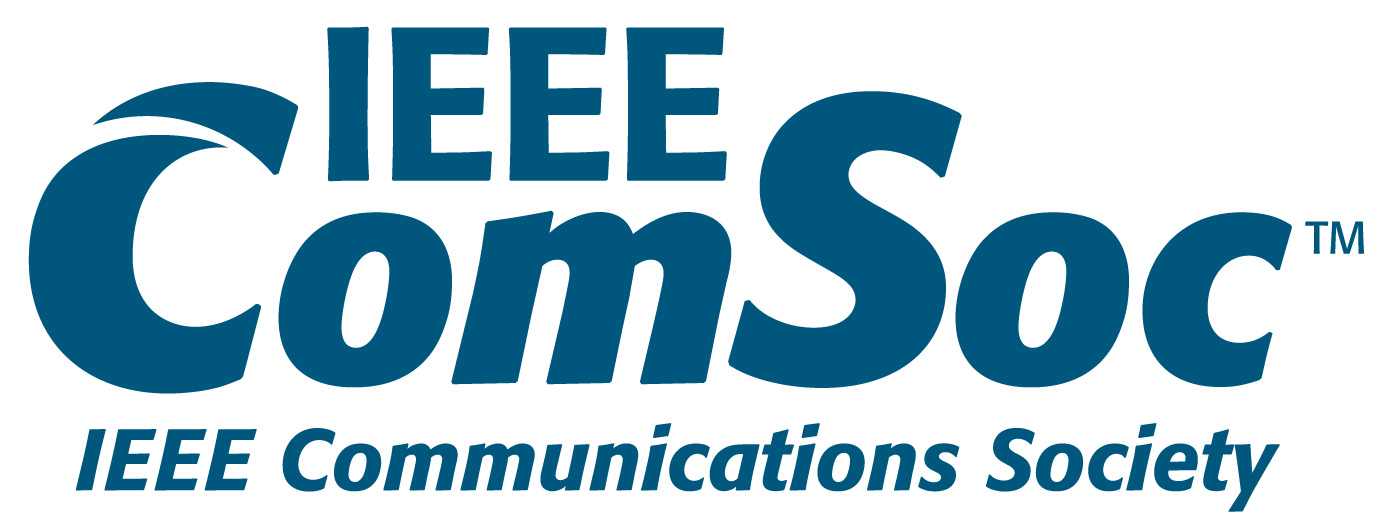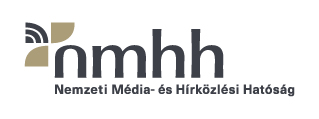2016. 2nd Issue
Full issue  (6 MB)
(6 MB)
PAPERS FROM OPEN CALL
Sándor Répás, Viktor Horváth and Gábor Lencse
Stability Analysis and Performance Comparison of Five 6to4 Relay Implementations 
1998, the adoption of the new protocol has been very slow until recently. To help the adoption of the IPv6 protocol, several transition technologies were introduced. The 6to4 protocol is one of them, and it can be used when an IPv6 enabled host resides in an IPv4 only environment and needs to communicate with other hosts in such circumstances or with native IPv6 hosts. Five open source 6to4 relay implementations were investigated: Debian Linux – sit, Debian Linux – v4tunnel, OpenWrt – sit, FreeBSD – stf, NetBSD – stf. The measurement method is fully described including our measurement scripts and the results of the measurements are disclosed in detail. The measurements have shown that there are major differences between the different types of implementations.
Dániel Kozma, Gábor Soós and Pál Varga
Supporting LTE Network and Service Management through Session Data Record Analysis 
Gathering and processing data for performance and fault management continues to be a burning issue, from LTE operations and maintenance point of view. Regarding the Evolved Packet Core (EPC), this is especially true, since it has newly defined interfaces, with new protocols - some of them are even ciphered. Network-wide data capture and analysis for the EPC requires new processing methods. These would allow operators to correlate control and user plane information of various interfaces and protocols. There are many obstacles to overcome here, including ciphered control messages and global identifiers hidden by temporary ones. This paper presents a system for S1AP session data record assembling, it shows what key parameters are needed to be extracted in order to enable expert analysis. The deciphering mechanism is especially important here, hence we discuss how its success affects analysis results.We present Call Data Record assembling methods for various scenarios - such as network attachments or tracking area changes. Furthermore, this paper presents the methods for gathering cross-correlated data on specific fault management use-cases, especially for unsuccessful voice calls.
Cristina Olaverri-Monreal
Autonomous Vehicles and Smart Mobility Related Technologies 
Smart Mobility is associated with a sustainable mobility performance that in turn affects quality of life. Current technology makes it possible to compile massive amounts of realtime data to optimize the urban infrastructure, consequently improving the efficiency of public transport services, from both user and service-provider perspectives. The analysis of these location-based data enables us to determine which services could be useful for citizens at a certain time, for example, thereby improving citizens' ability to navigate the most efficient routes and modes of travel. Various aspects of technologies that enable smart mobility in cities, including autonomous vehicles are presented in this paper.
Gergely Hollosi, Csaba Lukovszki, István Moldován, Sándor Plósz and Frigyes Harasztos
Survey on Monocular Odometry for Conventional Smartphones 
In the last decade huge amount of research work has been put to realize indoor visual localization with personal smartphones. Considering the available sensors and their capabilities monocular odometry may provide a solution, even regarding strict requirements of augmented reality applications. This paper is aimed to give an overview on the state of the art results regarding monocular visual indoor localization. For this purpose it presents the necessary basics of computer vision and reviews the most promising solutions for different topics.
CALL FOR PAPERS / PARTICIPATION
IEEE EuroCon 2017 – 2017, Ohrid, Macedonia
EUROSENSOS 2016 – 2016, Budapest, Hungary
Workshop on Frequency Policy and Spectrum Engineering in V4 countries – 2016, Wroclaw, Poland
IEEE INFOCOM'2017 – 2017, Atlanta, GA, USA
IEEE ICC'2017 – 2017, Paris, France




